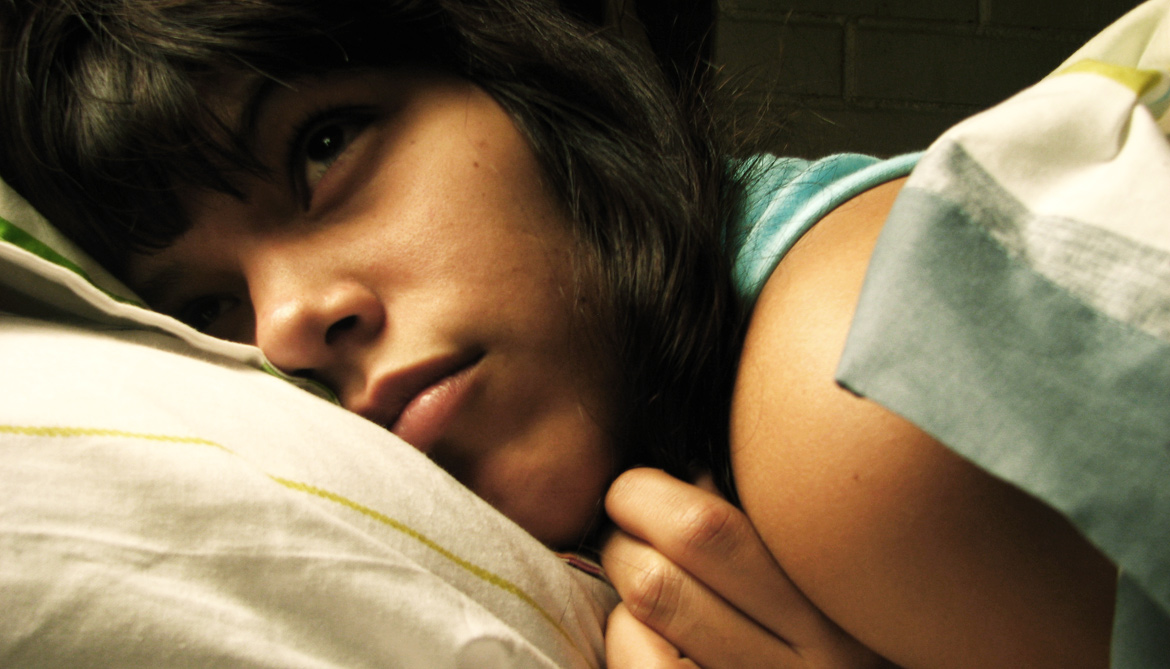
This can lead to waking up in a bad mood, but it also has a more negative impact on your health. If you have some type of chronic insomnia, your sleep stages may be disrupted or diminished. While it may seem like all that activity might be disruptive to your mind, this stage of sleep is thought to be essential for brain health, boosting critical thinking skills and consolidating memories. This is the stage of sleep when intense dreams and nightmares can occur. During REM sleep, your brain becomes wildly active again. Your breathing and heart rate also slow down, allowing your body to rest. As the body moves further into sleep, you experience deep sleep, a time when brain activity slows down. During non-REM sleep, you drift off and your mind and body calm. Ideally, your body goes through two distinct types of sleep-rapid eye movement (or REM) sleep and non-REM sleep. Sleep provides your body and mind the chance to recoup. During the hours you’re awake, your mind and body are constantly in go-mode, rarely pausing, even when you’re sitting still. Getting enough quality sleep is important for your physical and mental health. Ways Sleep Deprivation Affects Your Health


There are three ways insomnia can be experienced, all disrupt sleep in slightly different ways. Insomnia doesn’t just cause problems with falling to sleep. When sleep is disrupted for three or more nights a week for at least three months, it’s called chronic insomnia. When stress or trauma temporarily disrupts sleep, it’s called acute, or short-term, insomnia. There are two different overarching forms of insomnia. Sleep disorders range from conditions that cause a temporary disruption of sleep-such as jet lag, which interrupts circadian rhythms-to those that may occur routinely, such as insomnia, one of the most common sleep disorders reported in the U.S.

As many as 70 million Americans experience ongoing problems getting enough sleep, according to the Centers for Disease Control and Prevention. Some people have difficulty falling asleep or staying asleep at least occasionally, while others have a sleep disorder that routinely disrupts their sleep. The reality, though, is that a large number of people don’t get that much sleep. Experts recommend that most adults aim for between seven and nine hours of sleep each night.


 0 kommentar(er)
0 kommentar(er)
